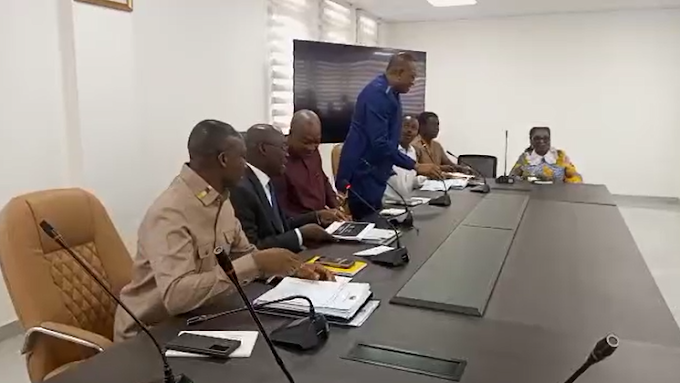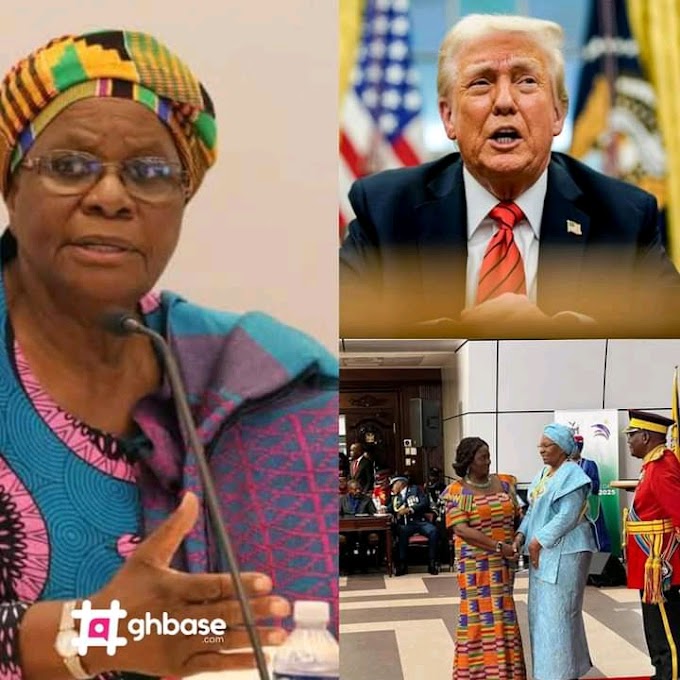In a bold move to streamline governance and improve efficiency, President John Dramani Mahama has reduced the number of ministries in Ghana from 30 to 23. This decision comes as part of his commitment to creating a leaner and more effective government, while fulfilling his promise of maintaining no more than 60 ministers.
The reduction in ministries is designed to enhance the overall functioning of the government, ensuring that resources are better allocated and services delivered more efficiently to the public.
On January 9, 2025, President Mahama issued an executive order that empowered him to restructure the ministries under the Civil Service Act, 1993 (P.N.D.C.L 327). This restructuring, which is reflected in the latest executive instrument, has resulted in the merging and abolishment of several ministries, while the key areas of government focus remain intact.
The new list of ministries under the revised structure includes:
- Ministry of Finance
- Ministry of Health
- Ministry of Interior
- Ministry of Defence
- Ministry of Education
- Ministry of Roads and Highways
- Ministry of Transport
- Ministry of Sports and Recreation
- Office of the Attorney-General and Ministry of Justice
- Ministry of Lands and Natural Resources
- Ministry of Local Government, Chieftaincy and Religious Affairs
- Ministry of Foreign Affairs
- Ministry of Communication, Digital Technology, and Innovations
- Ministry of Environment, Science, and Technology
- Ministry of Youth Development and Empowerment
- Ministry of Works, Housing, and Water Resources
- Ministry of Gender, Children, and Social Protection
- Ministry of Tourism, Culture, and Creative Arts
- Ministry of Labour, Jobs, and Employment
- Ministry of Food and Agriculture
- Ministry of Fisheries and Aquaculture
- Ministry of Trade, Agribusiness, and Industry
As part of this restructuring, President Mahama also revoked the Civil Service (Ministries) Instrument, 2021 (E.I 12), marking a significant shift in the way Ghana's ministries will function moving forward.
This reduction reflects the president's focus on creating a more agile government, improving service delivery, and ensuring that Ghana's resources are managed efficiently in a time when greater accountability and effectiveness are needed in public administration. With this new structure, President Mahama aims to foster a government that can better respond to the needs of its citizens while remaining lean and effective in a rapidly changing global landscape.


.jpeg)




.jpeg)

.jpeg)
.jpeg)




.jpeg)

